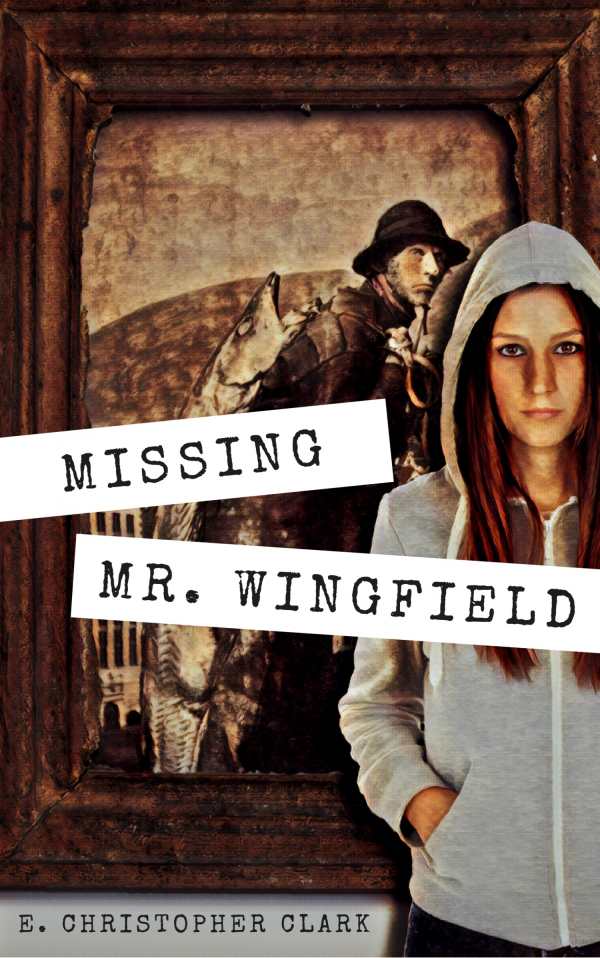Missing Mr. Wingfield
Missing Mr. Wingfield interweaves strong portraits of a mother and daughter for an eye-opening look at the universality of regret.
In E. Christopher Clark’s young adult crossover novel, Missing Mr. Wingfield, a thirtysomething mother gets the chance to reexamine her life, her decisions, and their effects on her teenage daughter.
Waiting in a subway station, Veronica Silver encounters a man she recognizes but can’t quite place. The man seems to know everything about her life, and soon reveals himself as a tour guide to her past. This supernatural salesman offers her a chance to review her life—both the roads taken and those avoided. What if she had acknowledged that she was a lesbian before getting pregnant at sixteen? What if she’d had an abortion? Or not incarcerated herself in a traditional but loveless marriage?
The resolution of the book’s main plot points is revealed in a prologue written from her daughter’s point of view, so there’s little suspense in the rest of the book. However, satisfaction comes in seeing how Veronica and her daughter, Tracy, get from beginning to end.
The story unfolds in a fragmentary style. In some sections, the mysterious salesman leads Veronica through various episodes of her life. Other sections consist of letters from Tracy to her uncle, spaced years apart and showing her evolution from a child to a young teen.
While time shifts establish a sense of momentum, they are too frequent and abrupt. Sometimes sections mesh well, and sometimes they don’t. Oblique, attention-grabbing first sentences are favored, but are often tangential and disorienting.
Veronica is well developed and easy to empathize with. Her “what ifs” are common, and even though her history is complicated, her uncertainty feels universal. As a teenager, she’s torn between embracing her true sexual identity and seeking acceptance through conformity. As a mother, she considers not just her own happiness, but also the impact her decisions might have on her daughter’s life.
Tracy’s story is the most cohesively told. Like Veronica, Tracy faces unusual complications—such as being the only student in her class who comes from a two-mom household—and her characterization is strong enough to carry them.
Writing carries the story easily, though a few style issues get in the way. Obscure literary references surface as bad, gimmicky puns. References to seventies and eighties culture, particularly through Tracy’s handle on Fleetwood Mac, Nancy Sinatra, and Animal House, date what is otherwise a timeless story.
Missing Mr. Wingfield interweaves strong portraits of a mother and her daughter. For young readers who think that their parents have lived lives free of doubt, crisis, or regret, this will be a rewarding eye-opener.
Reviewed by
Susan Waggoner
Disclosure: This article is not an endorsement, but a review. The publisher of this book provided free copies of the book and paid a small fee to have their book reviewed by a professional reviewer. Foreword Reviews and Clarion Reviews make no guarantee that the publisher will receive a positive review. Foreword Magazine, Inc. is disclosing this in accordance with the Federal Trade Commission’s 16 CFR, Part 255.

